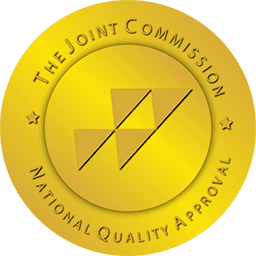With the stress and anxiety of modern life, many people have begun turning to natural and prescription substances to achieve a better night’s sleep. Both alcohol and melatonin on their own have been known to help reduce the time it takes to fall asleep and improve the quality and duration of sleep.
However, while taken by themselves, both substances are generally safe and have few side effects; it’s important to note taking them together is a much different story and should be avoided at all costs.
[cta-bar link=”https://absoluteawakenings.com/contact” name=”Contact Us”]There is a better way to live. Let us help you reclaim your life.[/cta-bar]
How Does Alcohol Affect the Body?
Alcohol can be a double-edged sword: small amounts may help one relax, but overindulgence can impair judgement and reflexes. As a depressant, alcohol slows down the central nervous system, leading to lowered inhibitions, fuzzy decision-making, and even trouble sleeping.
Too much of a good thing has consequences, and alcohol is no exception. Drinking can make it more difficult to drift off at the end of the night, leave you feeling unrested in the morning after waking multiple times, and disrupt normal sleep patterns.
Although, in moderation, alcohol can be beneficial for sleep, it is essential to remember that overconsumption of alcohol can have severe consequences on health and should not be taken lightly.
How Does Melatonin Affect The Body?
Our bodies have a natural sleep-wake cycle regulated by melatonin[1], the critical hormone that tells us it’s time for shut-eye. But certain lifestyle habits can interfere with its production – overexposure to artificial light and working shifts being two common culprits. Additionally, some medications are known to impede melatonin production as well.
While melatonin supplements can be an effective solution for those struggling to fall asleep or stay asleep, it’s crucial to understand how they work and the potential risks and side effects associated with their use.
When taken in the appropriate dose, melatonin binds to specific receptors in the brain that help regulate sleep and circadian rhythms. Studies have shown that it can help reduce the time it takes to fall asleep, increase total sleep time, and improve overall sleep quality.
However, it’s important to note that melatonin is not a cure-all for sleep disorders or insomnia. Too much melatonin can lead to unwanted side effects such as headaches, dizziness, and nausea. That’s why it’s best to consult with a healthcare professional before starting a melatonin supplement regimen to determine the appropriate dosage and ensure it’s safe for you.
Is Melatonin Safe to Take With Alcohol?

The short answer is NO. Alcohol and melatonin do not mix[2], as the combination can harm your health.
The effects of alcohol can last up to several hours, so if taken in conjunction with melatonin, it can prolong or even worsen its sedative effects. This could increase the risk of overdose or other serious health consequences.
It’s also important to note that alcohol can impair your judgement, rendering you incapable of making sound decisions regarding the dosage and frequency of taking melatonin. Therefore, it is best to avoid drinking any type of alcoholic beverage while taking melatonin supplements.
Potential Risks of Combining Alcohol and Melatonin
Combining alcohol and melatonin can be extremely dangerous and should always be avoided. Some of the potential risks associated with taking them together include the following:
Increased Risk of Accidents
An alcohol and melatonin combination can be dangerous, resulting in dizziness, disorientation, and even passing out. In addition, consuming them together could lead to impaired judgement that impacts your ability to drive or use machinery safely.
Potential for Respiratory Depression
Combining alcohol and melatonin can be life-threatening. Overuse or high doses of the combination have been linked with respiratory depression, which can quickly lead to breathing failure and even death – especially in those who already suffer from sleep apnea or similar ailments.
Increased Sedative Effects
Combining melatonin and alcohol can have an intensified sedative effect, causing difficulty waking up and leaving you feeling groggy all day.
Increase in Anxiety and Related Issues
Combining alcohol and melatonin can bring relief in the short term but may lead to a long-term rebound effect that causes intense anxiety attacks. In addition, as your body adjusts to its newly suppressed sleep cycles and hormones, it will also alter with significant psychological distress.













